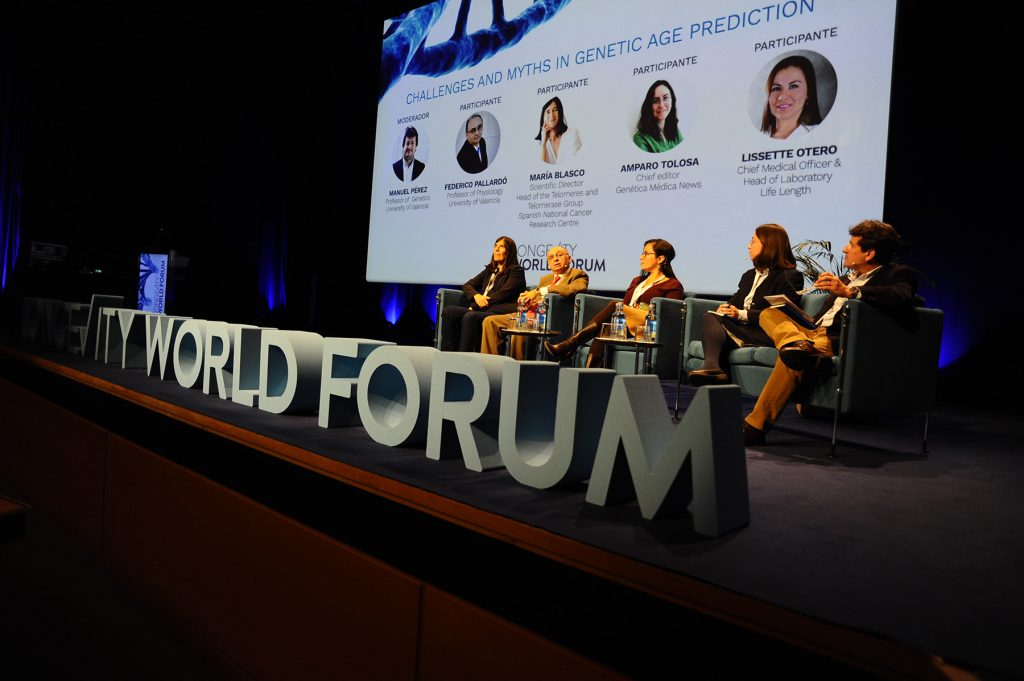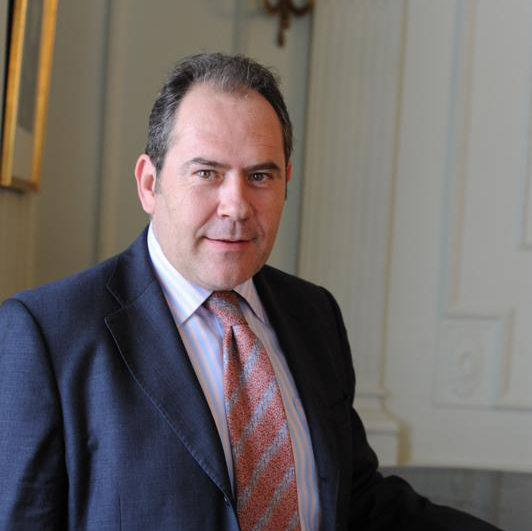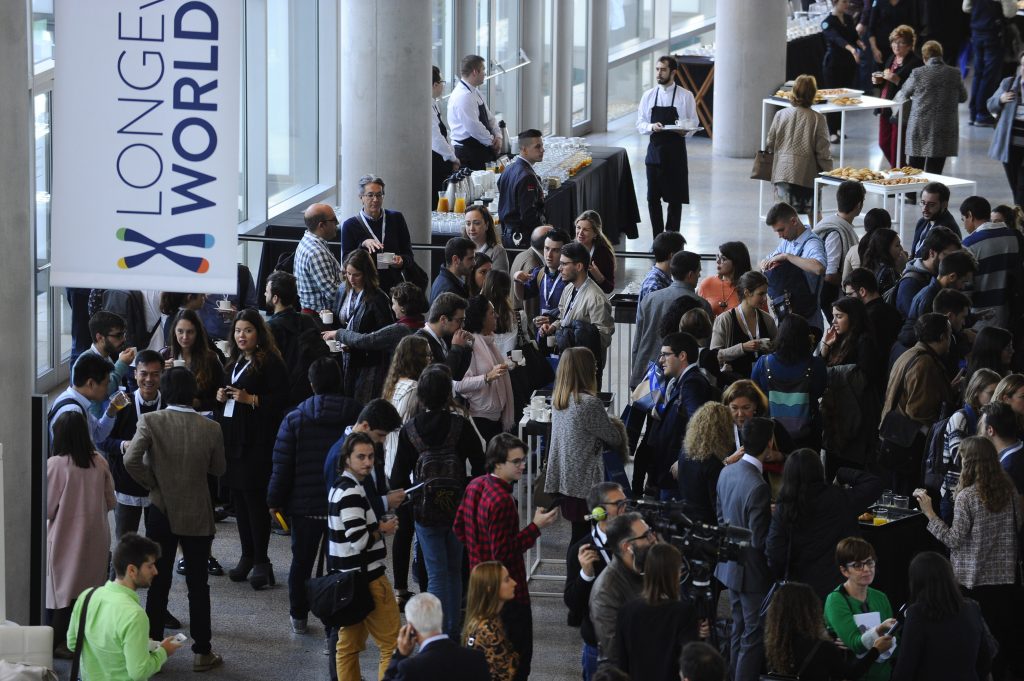Jose Maria Labeaga: «Longevity is being perceived as a threat, but it really should be understood as an opportunity»

Increasing life expectancy has economic consequences for society. In the forthcoming edition of the Longevity World Forum, UNED professor Jose Maria Labeaga will analyse these challenges and needs.
Jose Maria Labeaga: “La longevidad se está percibiendo como una amenaza, pero debe entenderse como una oportunidad”

Una creciente esperanza de vida tiene consecuencias económicas para la sociedad. El profesor de la UNED Jose Maria Labeaga analizará retos y necesidades en este sentido en la próxima edición del Longevity World Forum.
La esperanza de vida y el envejecimiento saludable, a debate en España con el Longevity World Forum

Este congreso pionero en Europa celebra su segunda edición el 14 y 15 de noviembre en el Palacio de Congresos de València y reunirá a profesionales referentes de nivel mundial, como Rafael de Cabo, Manuel Serrano o Álvaro Pascual-Leone.
José María Labeaga

Es Catedrático de Fundamentos del Análisis Económico en la UNED, donde fue director de la Escuela Internacional de Doctorado y, actualmente, coordina el Programa de Doctorado en Economía y Empresa.
Calico de Google renueva su apoyo al Longevity World Forum, principal encuentro sobre envejecimiento en España

La empresa biotecnológica de Google patrocina por segundo año consecutivo el congreso pionero en Europa sobre esperanza de vida y envejecimiento saludable.
